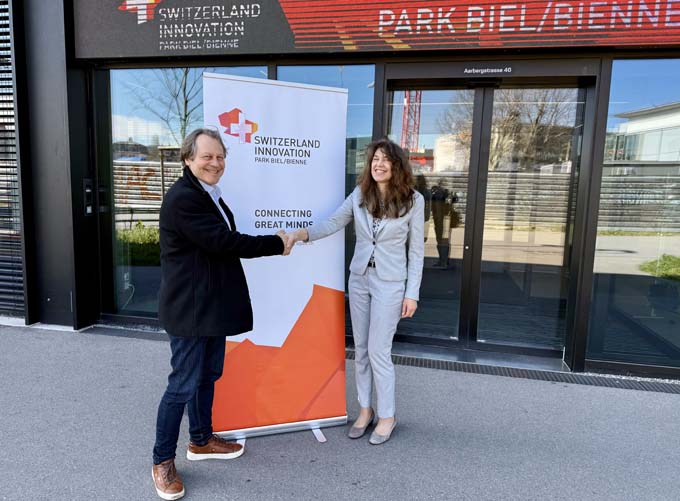Training increases psychological safety in teams
Psychological safety is crucial for the performance and innovative strength of a team. A training program developed by researchers at the Bern University of Applied Sciences (BFH) and the Zurich University of Applied Sciences (ZHAW) can be used to strengthen psychological safety in a targeted and verifiable manner.

Sharing one's opinion, asking awkward questions, admitting mistakes, voicing criticism or making an unusual suggestion - all of these involve a certain risk for the person speaking out, even in the workplace. But it is precisely there that it is crucial for innovation and advancement that employees dare to speak out. Without fear of being laughed at or punished. This is where psychological security comes into play. Psychological safety exists when team members perceive the team as a safe environment in which they can take risks. To enable teams to develop their psychological security in a targeted manner, researchers from the Institute for Data Application and Security IDAS at the Bern University of Applied Sciences BFH, in collaboration with the Zurich University of Applied Sciences ZHAW, have developed and tested a training program. This is now available to the public.
15 minutes to train the psychological safety
In developing the program, the researchers drew on findings from basic research as well as their own further investigations. They created a series of short exercises and had them tested by a total of 50 teams with 4 to 22 members each. Participants included teams from companies such as Swisscom, SBB and Digitec Galaxus AG. Every Monday for six months, the participants received an e-mail with instructions for an exercise and short questions about the previous week's exercise. Each exercise took about 15 minutes and could be divided into one of three categories: Skills exercises, in which a new behavior is tried out; Reflection exercises, in which team members are asked to think about a specific aspect; and Team exercises, in which something new is worked out in the team or new behaviors are tried out.
Better performance and more innovative power
In order to be able to demonstrate the effects of the exercises, the researchers conducted online surveys every two months. For comparison purposes and to be able to identify and exclude operational environmental factors, a control group consisting of 12 other teams from the participating companies also took part in the trials. These teams did not complete any exercises, but only filled out team development questionnaires. The effect of the training on the psychological safety, performance and innovative strength of the teams was demonstrated by the surveys. In contrast, no significant changes were found in the control group.
The complete training, consisting of 24 exercises including instructions, is available to the public free of charge and can be used independently. www.psych-safety.org









